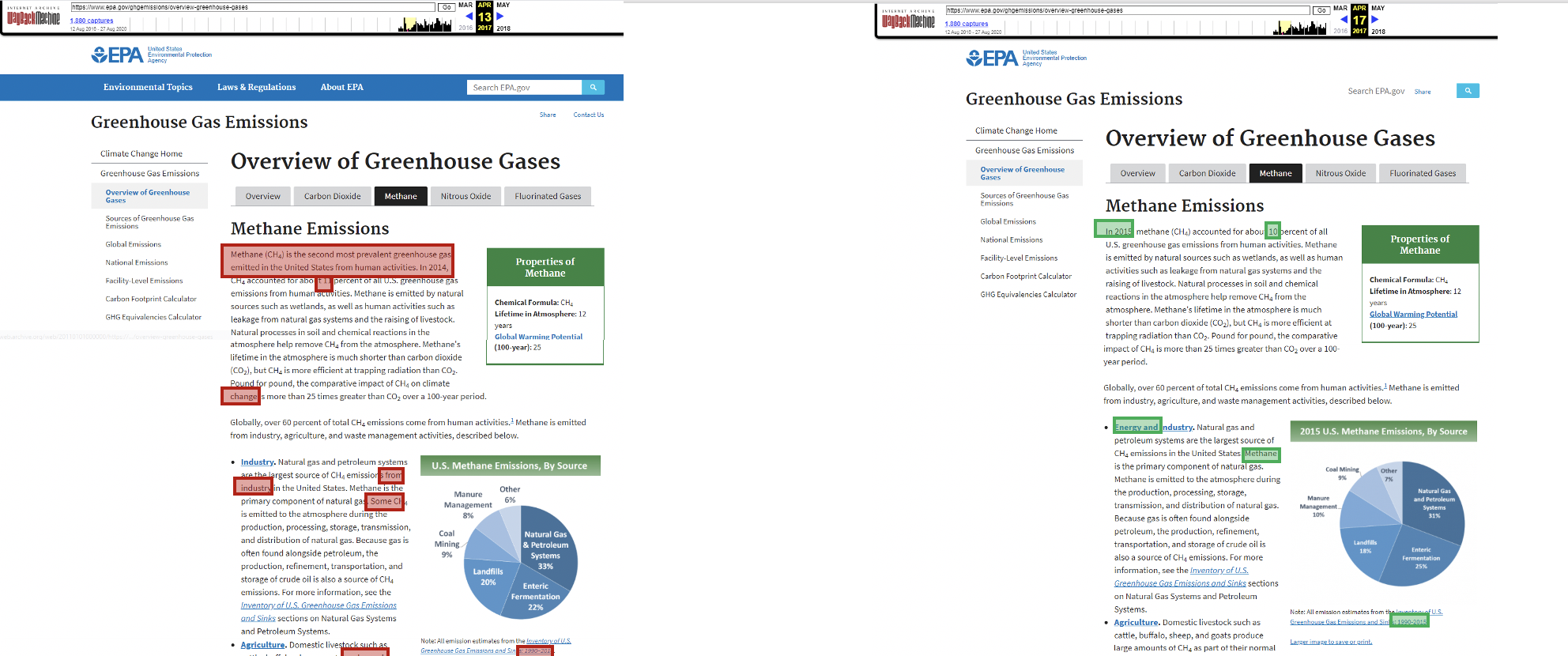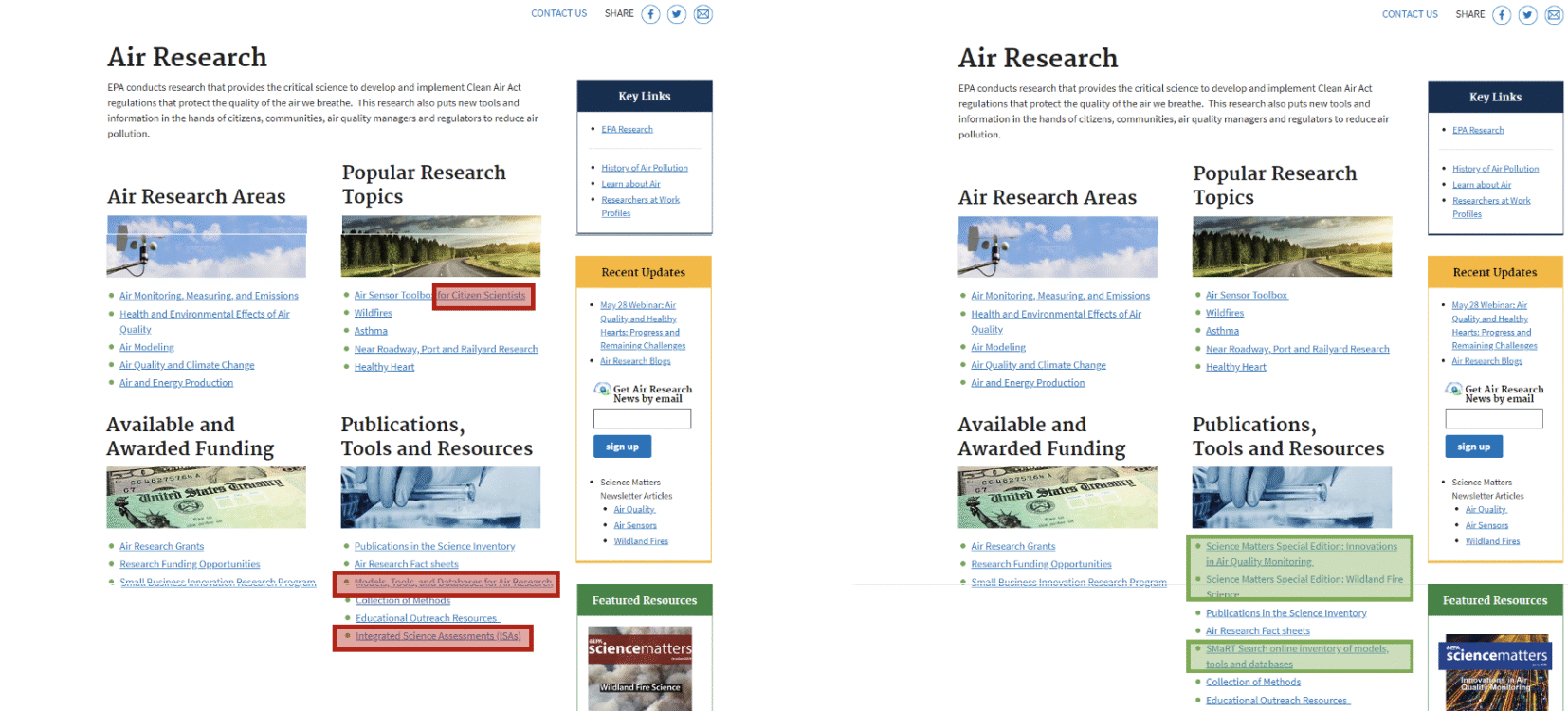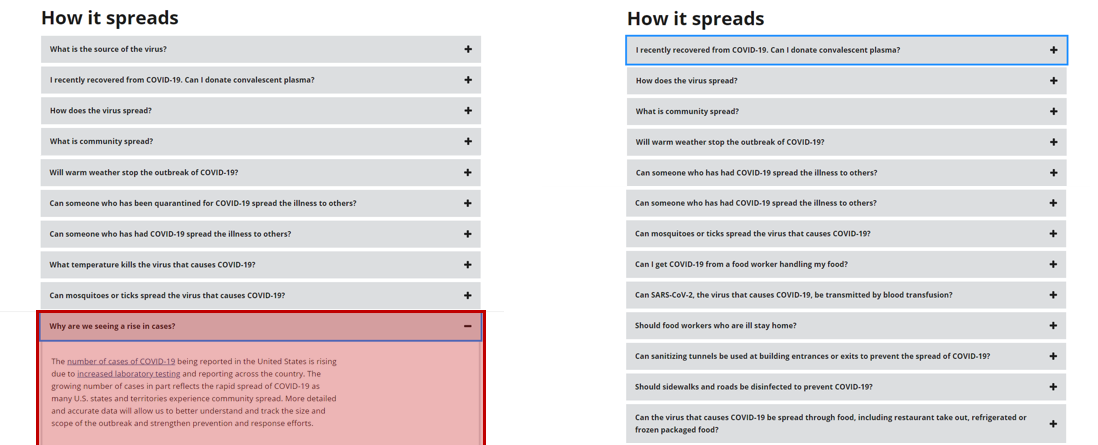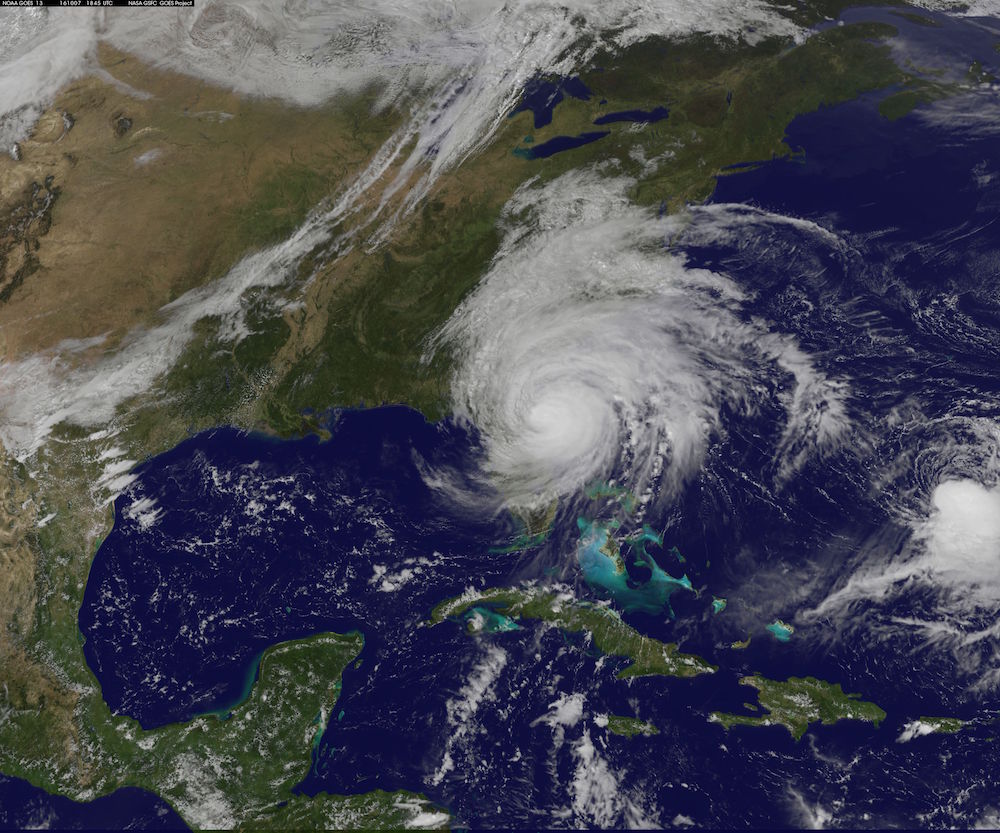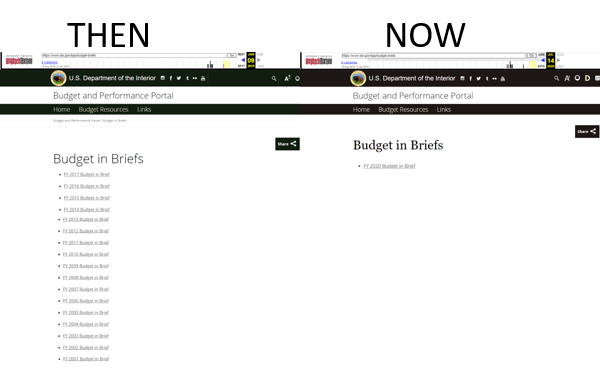Change of the Week: Any idea why fighting wildfires is getting harder?
This week’s change was made in June 2017 and features the removal of the only sentences about climate change on the U.S. Forest Service’s Wildland Fire webpage. What happened? In the middle of wildfire season, June 2017, the U.S. Forest Service (USFS) deleted the only sentence on its “Wildland Fire” webpage that mentioned the reasons that fire seasons have become longer and more intense, “This is due to a variety of factors, including climate change, buildups of flammable vegetation, insect and disease infestations, nonnative species invasions, and increasing numbers of homes and communities in the WUI…”


